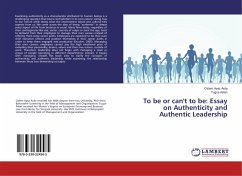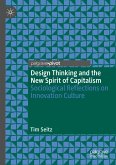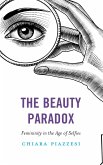Examining authenticity as a characteristic attributed to human beings is a challenging question that bears contradiction in its own nature: being true to our nature while doing what the environment (social and cultural ties) expects from us. We come across the idea of being "authentic" in almost every aspect of life from business to social. Many firms today, regardless of their contingencies like size, sector, country of origin or even the age, tend to demand from their employees to manage their own careers instead of offering them some career paths. Employees are expected to be their own chief executive officers and position themselves in their career paths in order to keep them engaged and productive (Drucker, 2005). Managing their own careers, employees cannot pay the high emotional price of excluding their personality, desires, values and their true nature, outside of work. Therefore, leadership does not begin with managing a team or group of people operating in different departments; instead, it begins with managing oneself. This book aims to clarify the concepts of authenticity and authentic leadership while examining the relationship between these two demanding concepts.
Bitte wählen Sie Ihr Anliegen aus.
Rechnungen
Retourenschein anfordern
Bestellstatus
Storno








